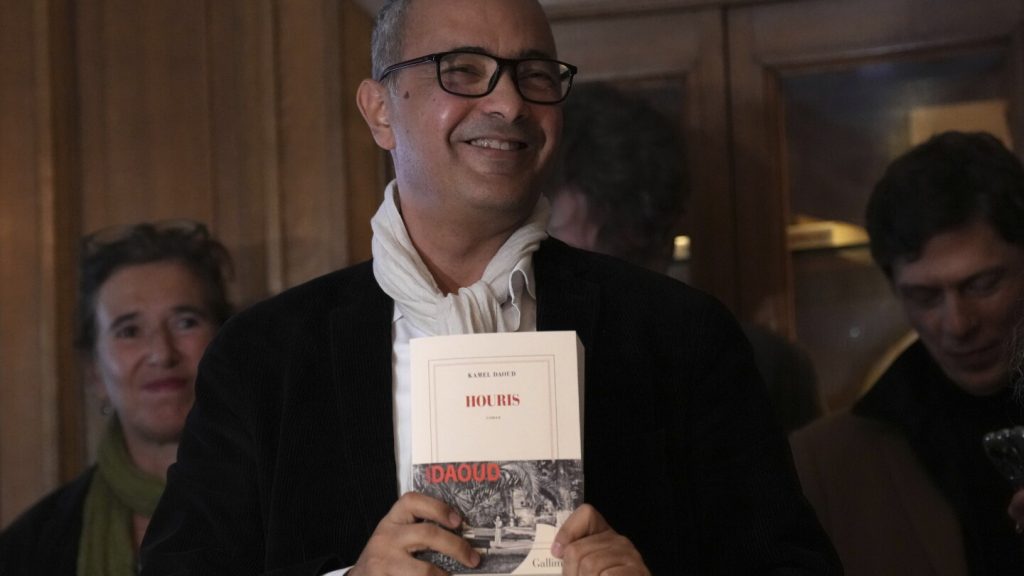The exclusion of prominent authors and publishers from this year’s Algiers International Book Fair reflects the ongoing limitations on freedom of expression in Algeria. French-Algerian author Kamel Daoud, who recently won France’s prestigious Prix Goncourt award, was not invited to the event, along with his French publisher Gallimard. Daoud’s novels often polarize opinions in both France and Algeria, with his latest novel focusing on the memories of victims of Algeria’s “Black Decade” civil war in the 1990s. Despite the significance of Daoud’s work, his books will not be among the over 300,000 titles available at the book fair, which is themed around the slogan “Read to Triumph” and has a special focus on history.
Ali Bey, the owner of Algiers’ Librarie du Tiers Monde, expressed disappointment that Algerian readers would not have access to Daoud’s novels despite his international recognition. The censorship at the book fair extends beyond Daoud and Gallimard to include Koukou Publishing, an independent Algerian house led by former political activist Arezki Ait Larbi, which has also been excluded from the event. Koukou Publishing is known for releasing works that challenge official narratives, including those by essayists, novelists, and journalists. Ait Larbi accused the Ministry of Culture’s censors of targeting his books and claimed that the house is under threat of a complete ban from publishing.
Daoud’s absence from the book fair highlights the ongoing struggles for freedom of expression in Algeria, where censorship and restrictions on independent publishers continue to limit the diversity of voices in the literary landscape. The exclusion of Daoud, Gallimard, and Koukou Publishing raises concerns about the state of intellectual freedom in the country, particularly as the event aims to promote reading and knowledge through its theme of triumphing through literature. The decision to exclude these prominent figures suggests a reluctance to confront difficult histories and challenge established narratives, further stifling the exchange of ideas and critical discourse in Algeria.
The controversy surrounding the Algiers International Book Fair reflects broader tensions within Algerian society, where discussions of sensitive topics such as the “Black Decade” civil war remain fraught and contentious. Daoud’s works, which delve into the complexities of Algeria’s past and present, have sparked debate and reflection among readers in both France and Algeria. The decision to bar Daoud and other critical voices from the book fair underscores the challenges faced by those seeking to engage with difficult histories and challenge prevailing narratives, highlighting the need for greater openness and dialogue within Algeria’s literary community.
Despite the absence of Daoud and other marginalized voices, the Algiers International Book Fair continues to offer a platform for a diverse range of authors and publishers to showcase their work and engage with readers. The event, which has attracted hundreds of thousands of titles and visitors in the past, remains a crucial space for promoting literacy and intellectual exchange in Algeria. However, the exclusion of critical voices like Daoud and Koukou Publishing raises questions about the fair’s commitment to fostering an inclusive and open literary environment, as well as its willingness to confront uncomfortable truths and challenge prevailing orthodoxies. As the literary community in Algeria grapples with ongoing censorship and restrictions on freedom of expression, the exclusion of Daoud and other dissenting voices serves as a stark reminder of the challenges facing writers and publishers in the country.


